Where is the position of the Nigerian Woman, 61 Years After Independence?
Press Release
Nigeria marked its 61st birthday and independence ceremony over six decades of being free from colonial rule.
While we celebrate Nigeria’s Independence every year, a noteworthy question that has remained unanswered is, are women in this country free? Free to live their lives as they desire without battling and constantly confronting systemic inequality on reoccurring basis?
History has glowing tributes of notable women who fought assiduously, who sacrificed their time and lives for the freedom and democracy we enjoy today. Women such as Magaret Ekpo, Fumilayo Ransome Kuti, Hajia Gambo Sawaba and many others left out of the herstory books who dedicated their lives to giving women a voice.
These were women whose contributions not only defined how Nigerians confronted the colonialists, but led active political and socio-economic movements that culminated in Nigeria’s independence in 1960.
Our reoccurring question is are women being represented well? Are women’s issues being presented as critical issues that should get the attention of the government? Are policies and legislations being made at the state level to protect women and survivors of all kinds of violence? What about legal instruments for the protection of women? If legislation such as VAPP been domesticated, is it being enforced? How many states in Nigeria have domesticated it?
What about political positions for women? Women are still outnumbered in the political and leadership spaces in Nigeria. Currently, only seven out of 109 senators and 22 of the 360 House of Representatives are women.
Women’s leadership promotes bipartisanship, equality, and stability. Women’s political participation comes with benefits for the whole society, especially peacebuilding and economic growth.
Countries with more women in politics tend to be more successful in several areas such as quality of governance, the quality of the educational system, infrastructural investment, and integration of gender into the issues of employment and economic life.
We implore the Nigerian government at all levels to take advantage of today’s independence to ensure that affirmative action advocated for years, is applied at all levels of government and women are given space to actively participate in governance. It is our earnest desire, all impediments limiting women vying for political positions are removed, especially the high cost of party forms, party antagonism, unwarranted litigations, insecurity, political violence- such as the current situation in Anambra state.
We want a society that women are safe from all forms of violence, cultural norms, harmful traditional practices, harmful gender stereotypes, and systemic inequality. Enforcement and implementation of legal instruments that allows for equitable distribution of opportunities in Nigeria is necessary.
About AfA: Alliances for Africa is an international African-led non-governmental human rights, peace, and sustainable development organization. AfA works with partners around and beyond the continent of Africa to advocate for the protection of human rights; promotion of women’s participation in leadership and governance; build institutional capacity; advocate for gender justice, equality, and non-discrimination, as well as promoting peace, security and conflict resolution interventions.
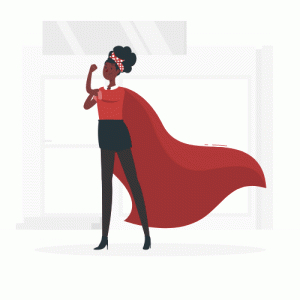
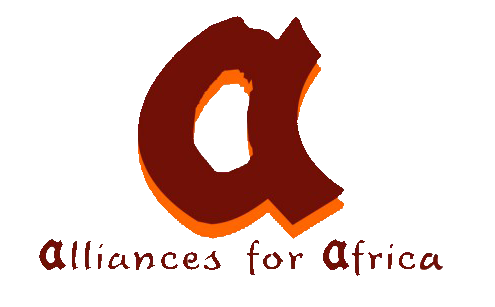
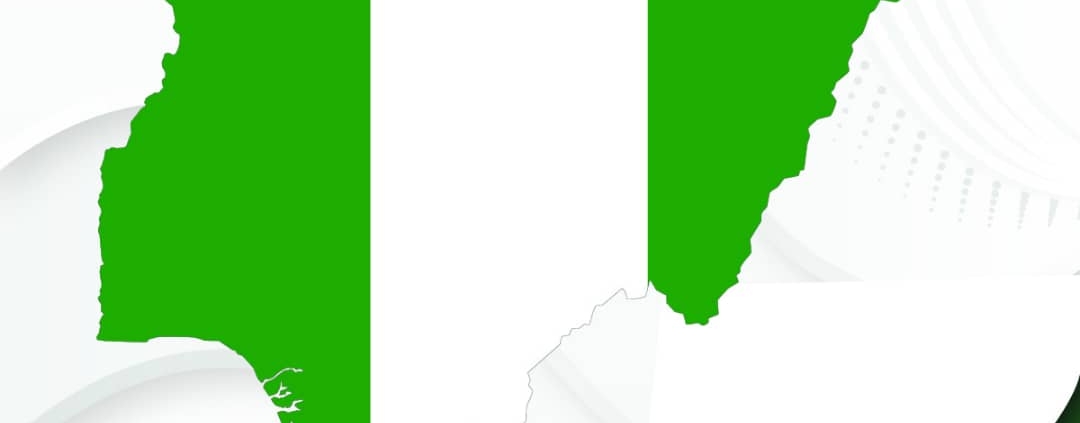
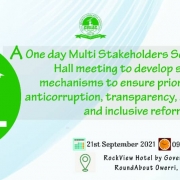
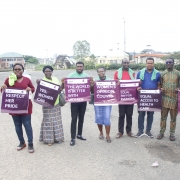
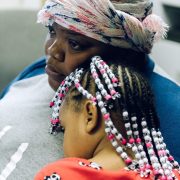
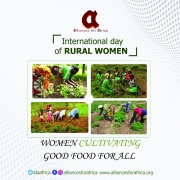
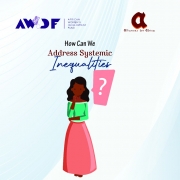
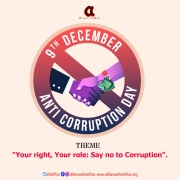
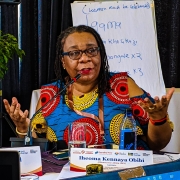


Leave a Reply
Want to join the discussion?Feel free to contribute!